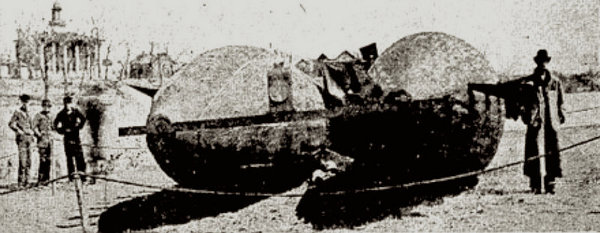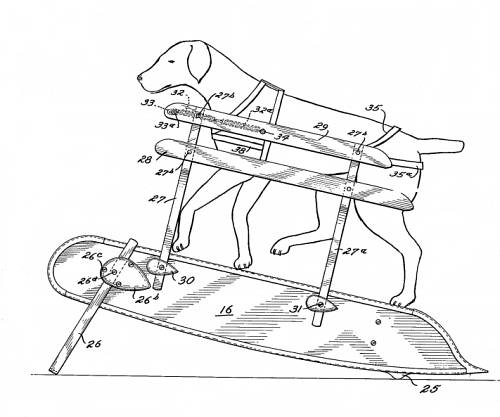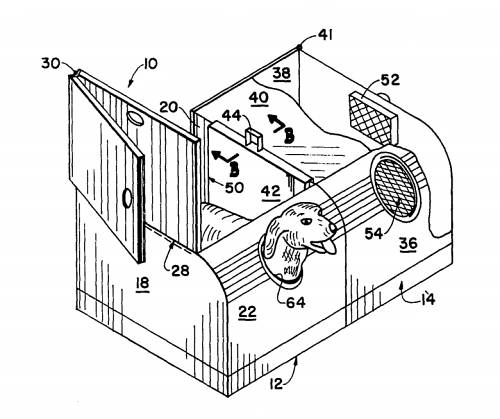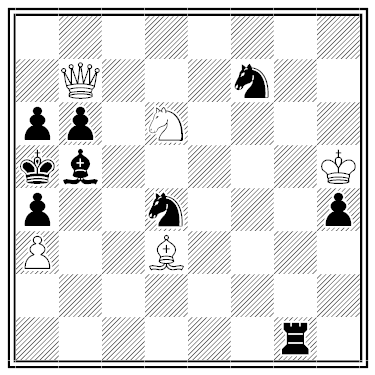“For Children Three Years Old,” from Lessons for Children by Anna Laetitia Barbauld, Philadelphia, 1818:
There was a naughty boy; I do not know what his name was, but it was not Charles, nor George, nor Arthur, for those are all very pretty names: but there was a robin came in at his window one very cold morning — shiver — shiver; and its poor little heart was almost frozen to death. And he would not give it the least crumb of bread in the world, but pulled it about by the tail and hurt it sadly, and it died. Now a little while after, the naughty boy’s papa and mamma went away and left him, and then he could get no victuals at all, for you know he could not take care of himself. So he went about to every body — Pray give me something to eat, — I am very hungry. And every body said, No, we shall give you none, for we do not love cruel, naughty boys. So he went about from one place to another, till at last he got into a thick wood of trees; for he did not know how to find his way any where; and then it grew dark, quite dark night. So he sat down and cried sadly; and I believe the bears came and eat him up in the wood, for I never heard any thing about him afterwards.






